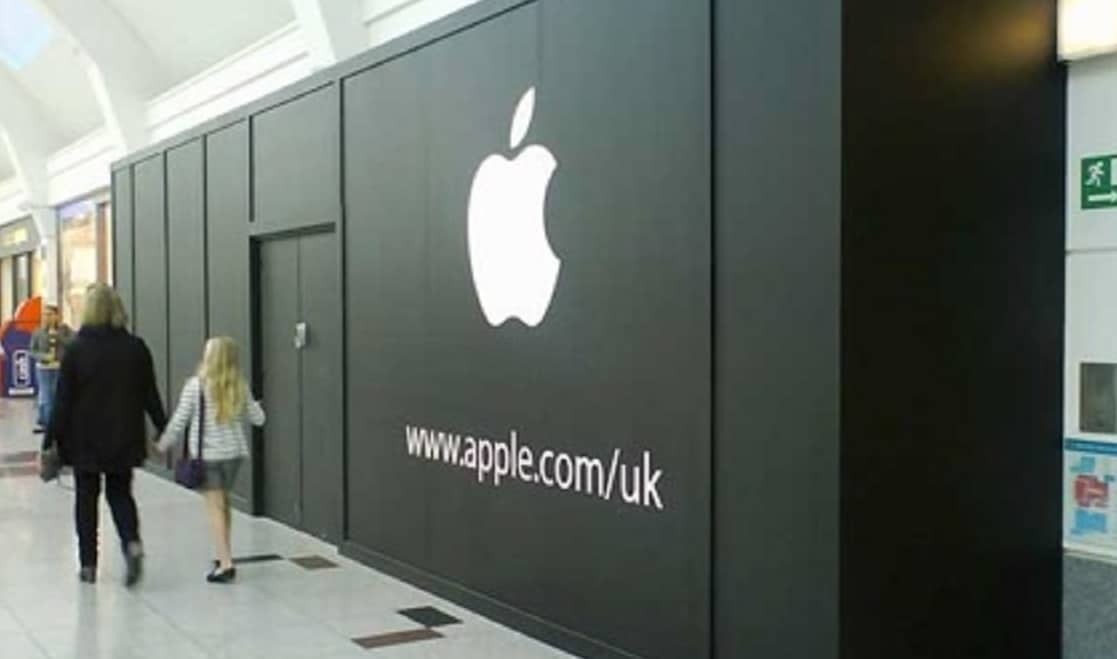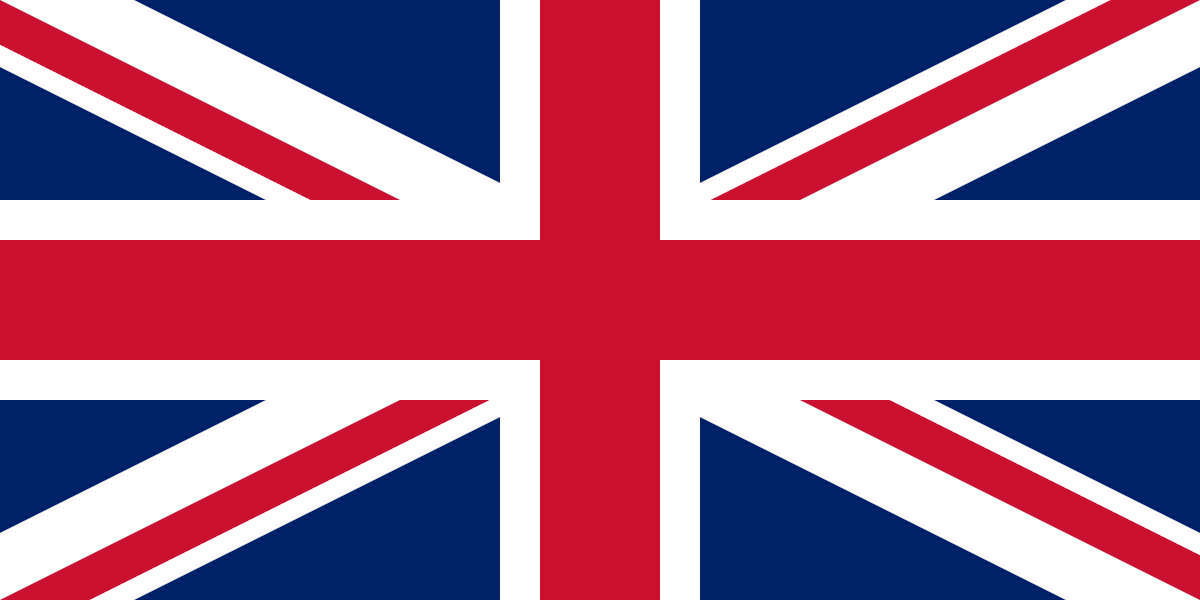

We continue with the monopoly issue. This time it is not a complaint or a fight to see if Apple has been exercising a monopoly. But if we talk about monitoring that Apple does not exercise it in the short and medium term future. In the United Kingdom, they have created the Digital Markets Unit, which will ensure that platforms such as the App Store are open to and there is competition, thus guaranteeing that the market is not dominated by any particular company.
In April, the UK created the Digital Markets Unit (DMU in English) under the Competition and Markets Authority. With the recently granted powers, this new unit will now be able to designate large technology companies as a “Strategic Market State.” Companies with status of this nature must “follow new rules of acceptable behavior.” will aim to boost competition and growth in the economy. The Digital Markets Unit will have the power to designate technology companies that have substantial and entrenched market power. It will refer to them as companies with “Strategic Market Status”. This will require them to follow new rules of acceptable behavior with competitors and customers to an extent that will benefit the public and drive growth and innovation throughout the economy.
The Digital Markets Unit was launched in a non-statutory manner within the Competition and Markets Authority, in April. It will work together with companies to inject stronger competition into the digital technology sector. The result will be: more innovation and fairer terms for UK businesses. These include startups and news publishers. As well as advertisers. It will bring better options and control to the consumer, making it easier for people to take their business elsewhere.
Apple has all the ballots to become a company called “State of strategic market” according to the United Kingdom.

While no company is listed and directly designated as ‘Strategic Market Status’, the UK has been stepping up its investigations and concerns against Apple. The UK and others have been investigating Apple for concerns that it has a dominant position in the markets in which it operates, a rhetoric against which Apple has pushed hard. Countries are also concerned about alleged anti-competitive behavior undertaken by Apple.
Recall that, for now, Apple only allows users to download applications on iPhone and iPad from its App Store platform, which it controls. Apple must approve all applications that go to the store, and there has been increasing pressure for the company to allow users to “download” applications beyond the App Store platform. As part of the new proposal, the Digital Markets Unit may require companies to avoid restricting users to a specific or “predetermined” service to avoid limiting competition. That new requirement would branch out under a new “Mandatory code of conduct” that tech companies should follow.
If a company does not follow the code, could be subject to fines or could be forced to reverse decisions. A new mandatory code of conduct is detailed in the powers of the Unit. It will establish what is expected of companies in terms of fair trade, open options and trust and transparency. This could include technology platforms that do not pressure their customers to use default or mandatory partner services. Even to ensure that third-party companies that depend on them are not blocked from doing business with the competition. The code will be backed by strong powers of investigation and enforcement.
Penalties can be issued in the form of fines of a maximum of 10 percent of turnover of a company for the most serious infractions. The Unit could also be given powers to suspend, block, and reverse code-breaking behavior by tech giants. A direct implication for Apple could be that the Digital Markets Unit overrides the decisions it makes regarding the App Store.



